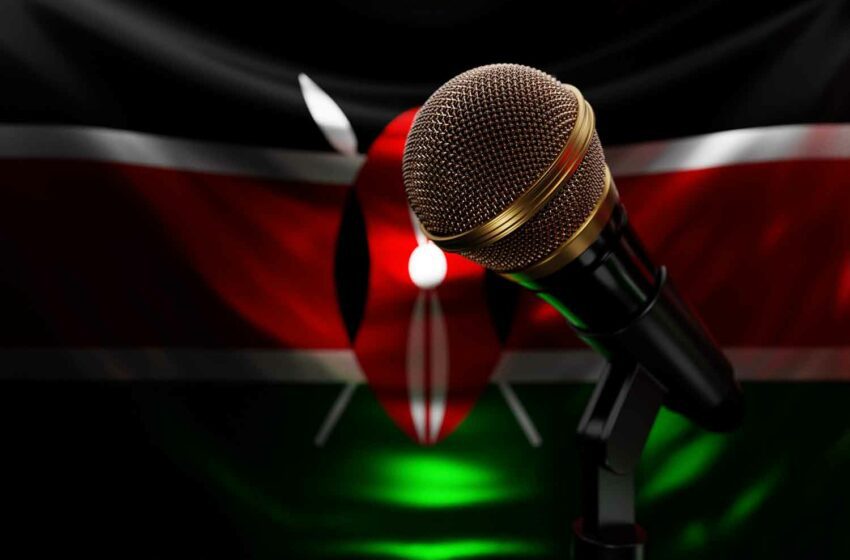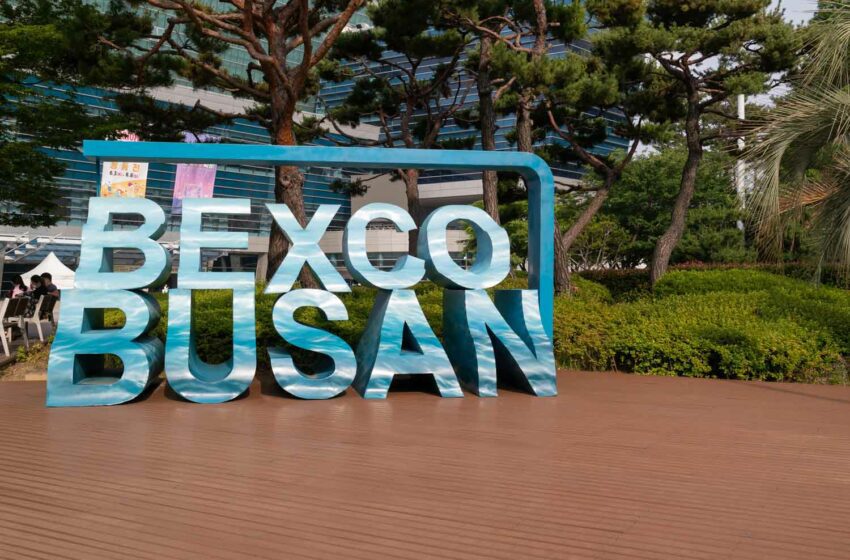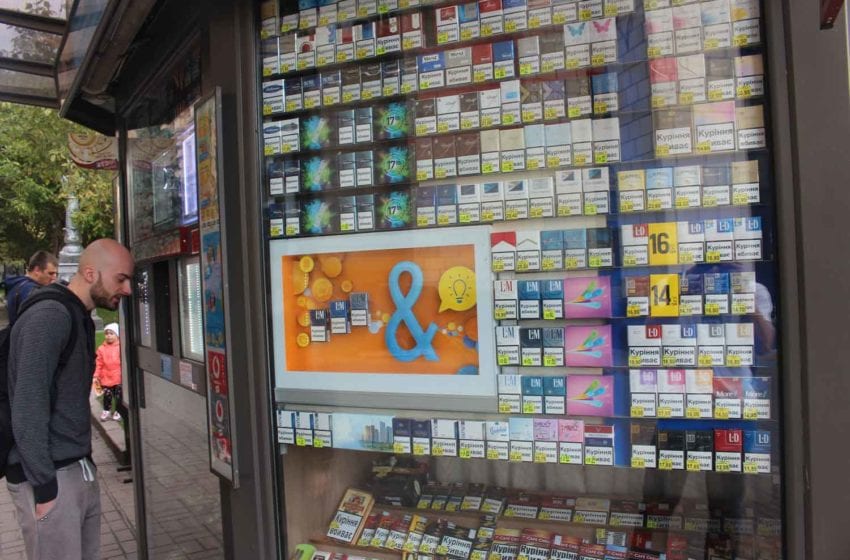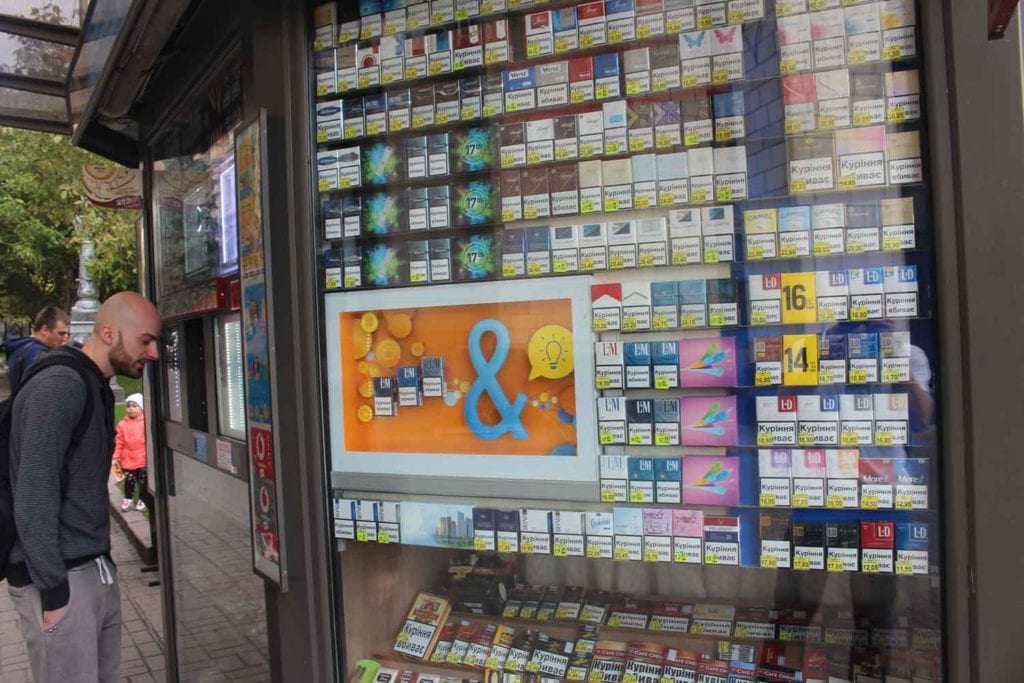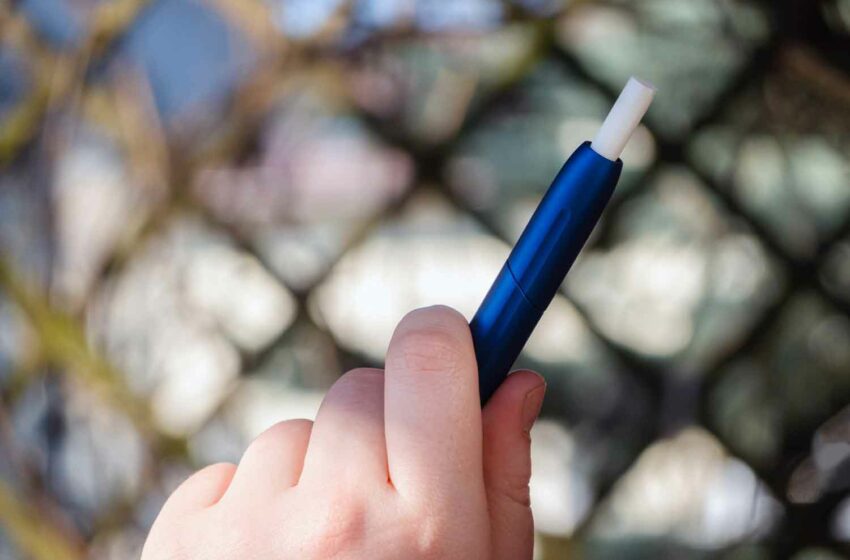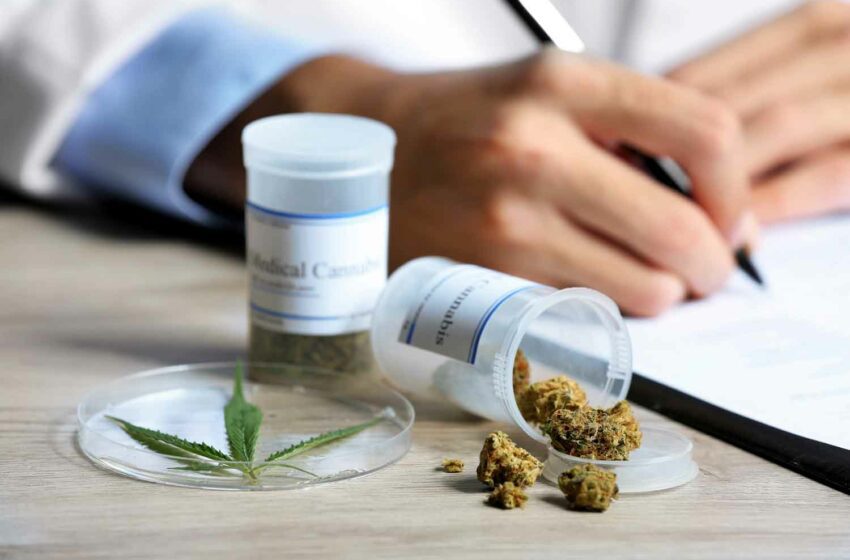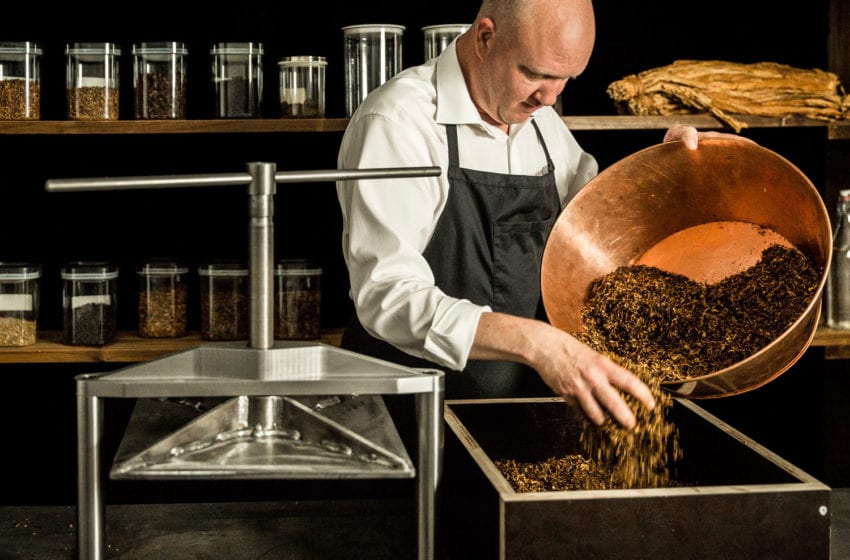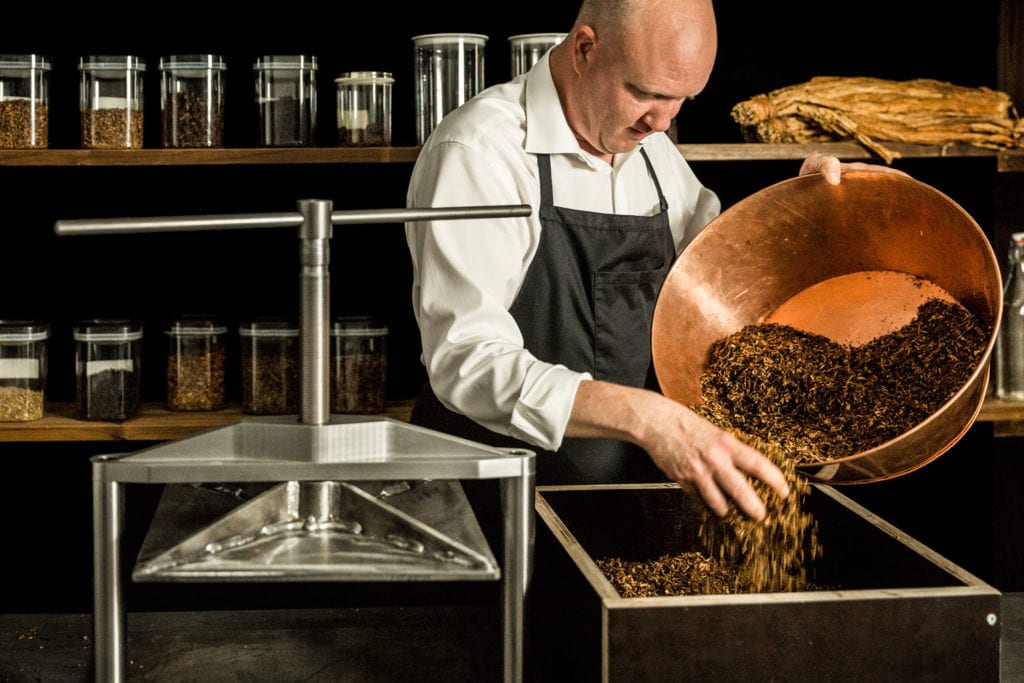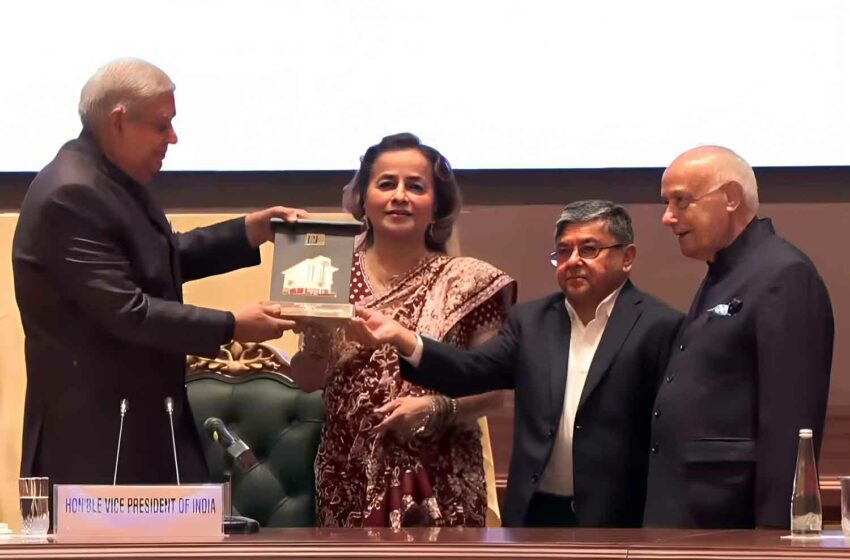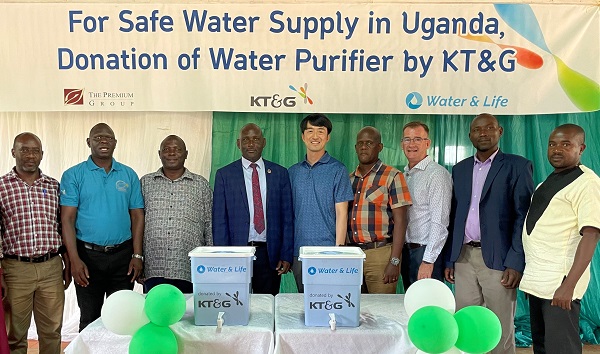Toxicological considerations to be considered when bringing HTPs to market
By Malcolm Saxton
Heated-tobacco products (HTPs) are a type of reduced-risk nicotine device that offers a similar experience to combustible cigarettes but can help reduce exposure to potentially harmful toxicants. With the pressure on manufacturers to develop safer, smoke-free alternatives, Malcolm Saxton, senior consultant for chemistry at Broughton, which operates a dedicated facility to help manufacturers bring HTP products to market, shares insight into the testing and toxicology associated with HTPs.
In combustible cigarettes, temperatures can reach up to 950 degrees Celsius. As well as liberating the nicotine, this process breaks the tobacco down to produce over 8,000 known chemicals. However, in HTPs, tobacco is not burnt—the maximum temperature is 350 degrees Celsius, providing enough heat to liberate nicotine and aroma without being high enough to result in combustion. Instead, a pyrolytic process known as torrefaction takes place, which is the same process that occurs when roasting coffee beans to release flavor.
The absence of combustion substantially reduces the number of chemicals released, with harmful and potentially harmful constituents (HPHCs) in HTP aerosols shown to be significantly reduced from cigarette smoke. Data from the Philip Morris International Scientific Update showed a 90 percent to 95 percent reduction in the average levels of HPHCs in the aerosol of IQOS,1 the leading HTP brand, compared with combustible 3R4F reference cigarettes. In addition, there is thought to be little youth appeal.
Due to their reduced-risk profile and similarity in experience to smoking combustible cigarettes, interest in HTPs is growing, and IQOS now has around 20 million users worldwide.
Bringing an HTP to market
Most countries do not have specific regulations for HTPs but regulate them in the same way as either combustible cigarettes or alternative tobacco products. In the EU and U.K., HTPs are regulated by the Tobacco Products Directive and the Tobacco and Related Products Regulations, respectively, which carry stringent requirements for testing, packaging and more.
In the U.S., HTPs are regulated using the premarket tobacco product application (PMTA) or the modified-risk tobacco product (MRTP) process, with the PMTA being the established route to market. There are very few products that have been submitted and granted a PMTA or an MRTP from the U.S. Food and Drug Administration, which is required to make reduced-risk claims.
To have the best chance of approval, it can be beneficial to work with a partner that offers a fully integrated service that covers product development, extractables and leachables, testing and characterization, toxicology, stability studies and regulatory consultancy. In addition to freeing up internal capacity, outsourcing testing and toxicological assessments can help streamline the product design and regulatory application process, benefiting from the partner’s previous experience.
Toxicological Considerations
HTPs are intended to be a smoking cessation tool, so they must be tested to ensure a reduced toxicological risk compared with conventional combustible products. In addition, the individual toxicological risk profile should be understood to establish that new hazards are not introduced or that current ones have not increased. The first three stages of evaluating an HTP typically include evaluating product design, testing aerosol chemistry and performing a toxicological assessment.
The product design will vary based on the type of HTP, which can be electrically heated, carbon heated or aerosol heated. Heating mechanisms can comprise a resistive heat-blade system or may use induction heating. Product design is important in achieving an appropriate yield and aerosol cloud without increasing risk, and iterative testing can help ensure optimal design. Working with a partner who understands the intricacies of product design and how it impacts toxicological risk and regulatory approval can ensure manufacturers get it right the first time.
The composition of the HTP aerosol will depend on the product design, including the materials in the hardware, as well as the ingredients, such as flavors. Desk-based toxicology, including a literature search, can help assess whether listed ingredients and materials are associated with anything that is of high concern.
Aerosol testing requirements vary according to the purpose of testing and the regulatory framework being followed. At the most basic, the European Union and U.K. require a minimum of tar (nicotine-free dry particulate matter), nicotine and carbon monoxide. Other priority toxicant lists for cigarettes have been developed by a number of organizations, including the FDA, Health Canada and the World Health Organization Study Group on Tobacco Product Regulation. The most widely accepted list of HPHCs to test in the aerosol of HTPs, both for regulatory submission and for producing evidence of potential harm reduction, is the PMI-58, a list developed specifically by PMI to focus on analytes most relevant to IQOS and, more generally, HTPs.
Analytical chemists will design a testing protocol that includes all relevant parameters for regulatory approval. For example, PMTAs typically require more data than other markets, and the testing package may need to be more rigorous as a result.
The aerosol HPHC profile forms the basis of risk reduction characterization for various human diseases, such as cancer and respiratory disease, and can be contextualized against a combustible cigarette to establish the level of harm reduction. Exposure assessments can be generated from product-specific data, by looking at how the product is used in the market, or by using data from the literature.
Compiling the relevant analytical testing and toxicological information for an HTP can be a challenging task. Working with an expert partner can make the process easier, reducing strain on your resources and complementing the skills of your in-house team.


